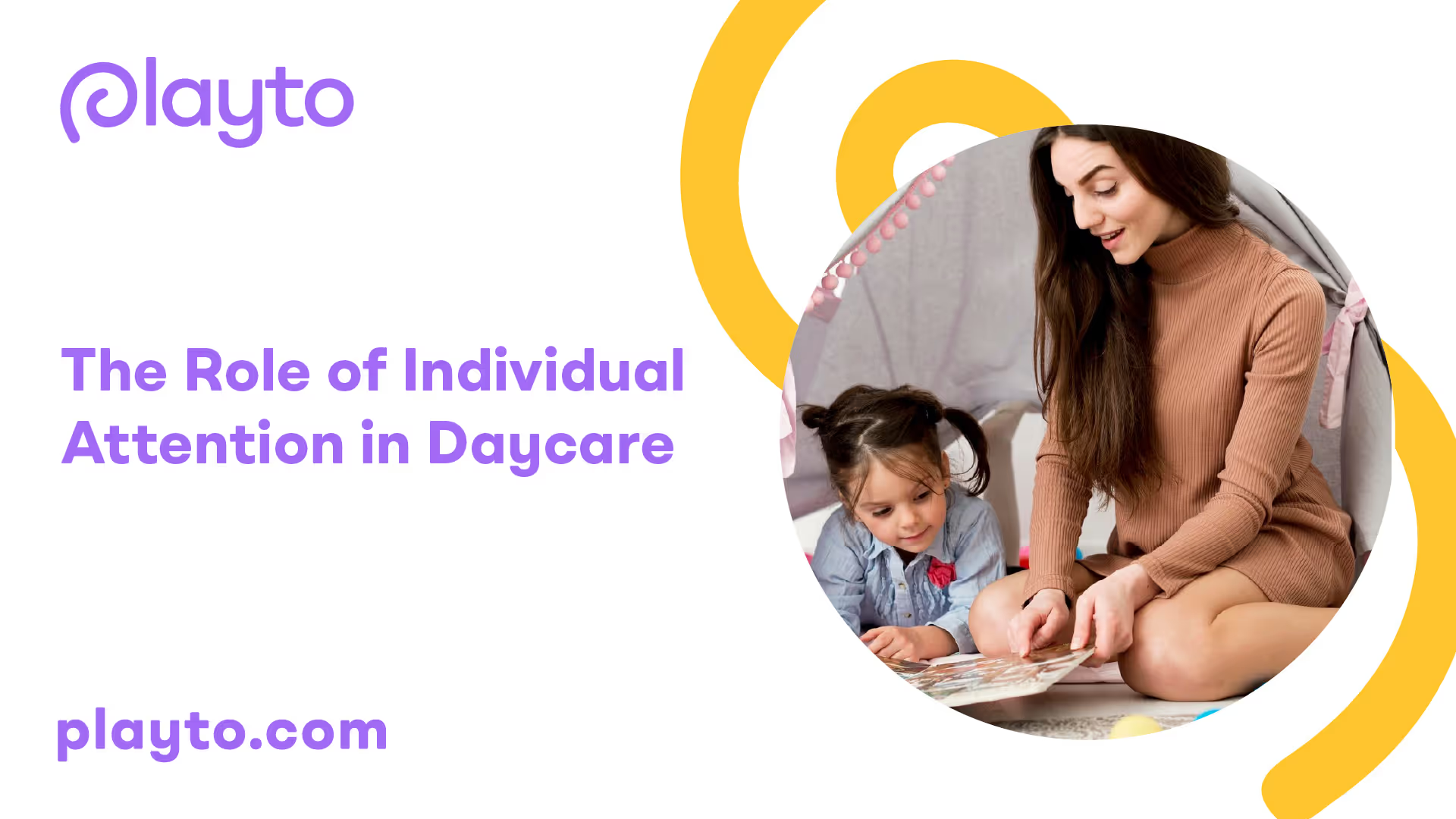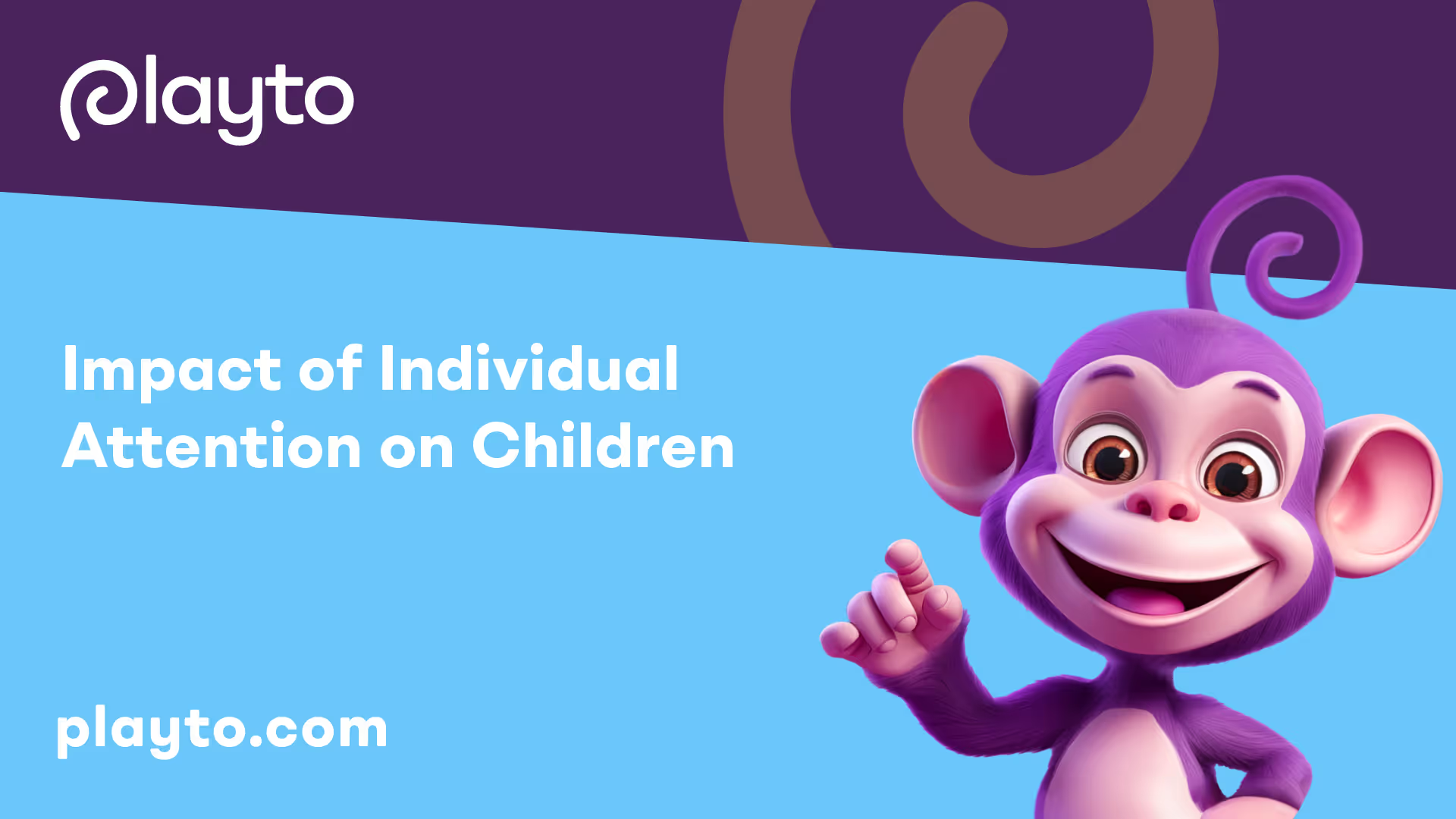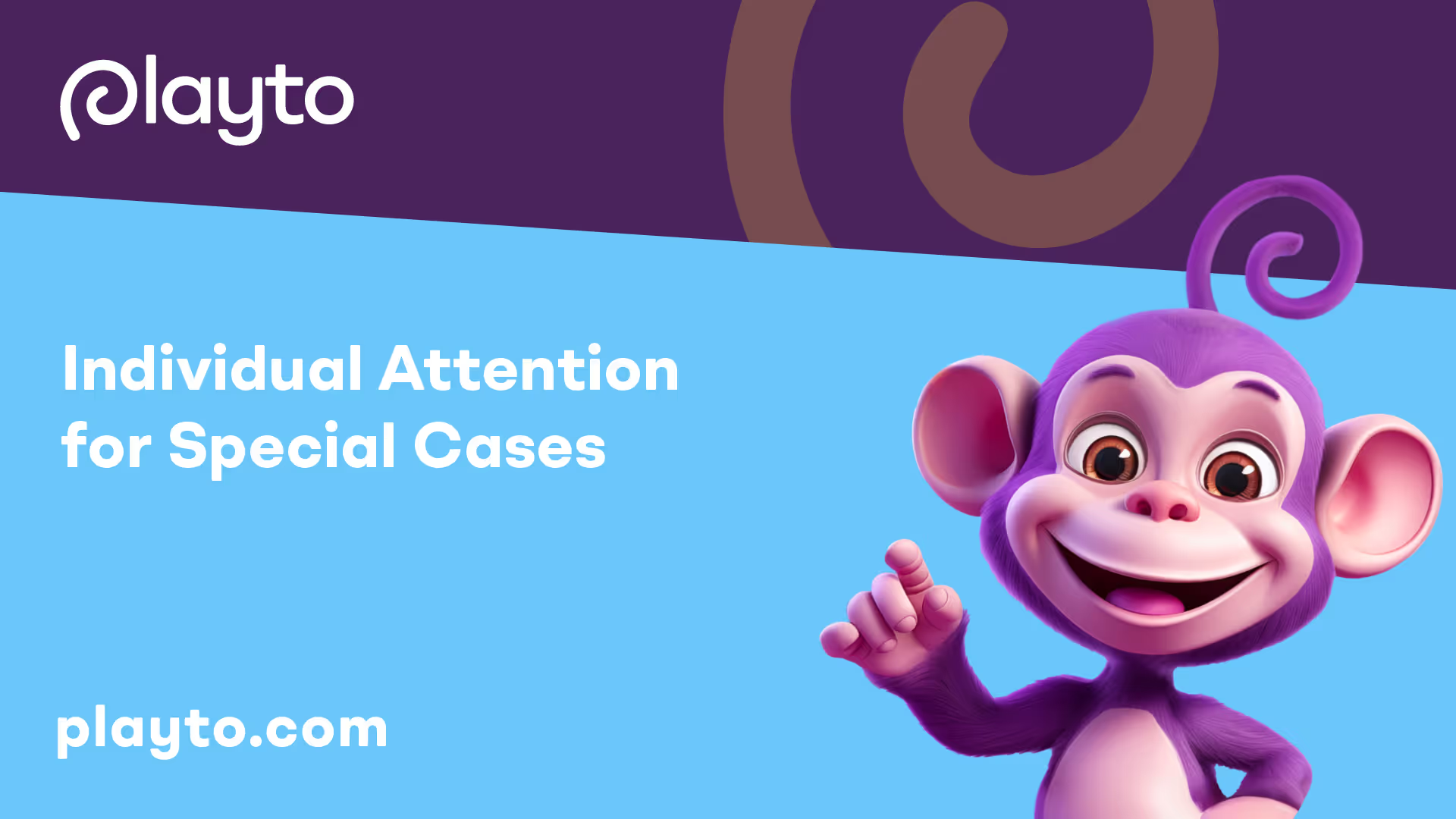
Importance of Individual Attention in Daycare
When it comes to daycare, providing individual attention to each child is of utmost importance. This personalized approach in early education allows for a tailored and effective learning experience for every child. It involves recognizing the unique strengths and weaknesses of each child, fostering their development, and ensuring they receive the support they need to thrive.
Personalized Approach in Early Education
Individual attention in daycare enables educators to identify the specific strengths and weaknesses of each child. By understanding their unique abilities, interests, and passions, educators can provide targeted support and guidance to help children excel in their studies and personal growth. This personalized approach prevents children from stagnating and falling behind, fostering a strong work ethic that is crucial for success later in life.
By emphasizing individual expression, children are encouraged to explore their strengths and weaknesses, fostering a strong sense of direction in life. This approach also enhances creative problem-solving skills and the ability to find their own unique path, which are valuable assets in an increasingly automated economy.
Fostering Strengths and Weaknesses
Through individual attention, educators can recognize and nurture the strengths of each child. This recognition of their unique talents and capabilities allows for suitable encouragement and support, enabling children to shine. By providing the attention and guidance needed, educators can help children develop confidence and a strong sense of self-esteem.
Additionally, individual attention helps identify and address the weaknesses of children. By understanding their challenges, educators can provide targeted assistance, helping children overcome obstacles and reach their full potential. This personalized approach ensures that no child is left behind and that all children receive the attention they need to thrive.
When children receive individual attention in daycare, they benefit from an educational experience that is tailored to their unique needs and abilities. This personalized approach enhances their learning, fosters their strengths, and supports their weaknesses. By emphasizing individual attention, daycare centers create an environment that nurtures the growth and development of every child, setting them on a path towards success.

Impact of Individual Attention on Children
In a daycare setting, providing individual attention to children plays a crucial role in their development and overall well-being. By tailoring their approach to each child, educators can enhance focus, recognize and encourage talents, and sustain interest in learning.
Enhancing Focus and Attention Span
Children today often have reduced attention spans, making it challenging for them to stay engaged in learning activities. However, the implementation of individual attention has shown promising results in improving focus and attention span among children [2]. By receiving personalized attention from educators, children are better able to sustain their attention for longer periods, leading to more effective learning experiences.
Talent Recognition and Encouragement
Every child possesses unique talents and strengths. Through individual attention, educators can recognize these talents and provide the necessary encouragement and support for their development. By nurturing and promoting their talents, children gain confidence and motivation to explore their abilities further. This recognition and encouragement play a vital role in fostering a positive self-image and overall growth.
Sustaining Interest in Learning
Children's interest in learning can sometimes wane if they feel disengaged or overwhelmed. However, individual attention can help sustain their interest by employing a medium of instruction that aligns with their learning style and interests [2]. By tailoring activities and lessons to their individual needs, educators can create an environment that sparks curiosity and keeps children motivated to explore and learn.
To create an effective learning environment, it is essential for educators to provide individual attention to children. By focusing on enhancing their focus and attention span, recognizing and encouraging their talents, and sustaining their interest in learning, educators can lay the foundation for holistic development and lifelong learning.
For further exploration of the important aspects of daycare education, consider reading our articles on the role of dance in daycare education, the role of play in daycare, the role of outdoor play in daycare, the role of free play in daycare, the role of structured activities in daycare, the role of group activities in daycare, and the role of play-based learning in daycare.

Individual Attention for Special Cases
In daycare settings, individual attention plays a crucial role in supporting children with specific needs and circumstances. By providing personalized care and attention, daycare providers can ensure that every child receives the support they require to thrive. In this section, we will explore the importance of individual attention for differently-abled children, behavior improvement, and boosting confidence and self-esteem.
Supporting Differently-abled Children
Differently-abled children require special attention and support in a daycare environment. It is essential for teachers and caregivers to create an inclusive atmosphere where these children feel valued and included. Special attention must be given to their health and overall progress within the classroom. Teachers should ensure that they are included in all classroom activities and provide regular attention to their classwork and performance in tests.
By providing individualized attention, daycare providers can identify the specific needs and strengths of differently-abled children. This allows them to tailor their approach and provide the necessary support to facilitate their learning and development. It is important to work closely with parents and other professionals involved in the child's care to ensure a collaborative and holistic approach.
Positive Attention for Behavior Improvement
Positive attention plays a crucial role in shaping children's behavior and promoting positive social interactions. By focusing on positive behaviors and providing praise and recognition, daycare providers can encourage children to display more desirable behaviors. Positive attention has been shown to reduce negative attention-seeking behaviors such as crying, screaming, and throwing tantrums.
When children receive consistent positive attention, they are more likely to exhibit reduced negative behaviors. Daycare providers should actively observe and acknowledge positive behaviors, reinforcing them through verbal praise, encouragement, and rewards. This helps to create a positive and supportive environment that promotes healthy social and emotional development.
Boosting Confidence and Self-esteem
Confidence and self-esteem are essential skills for a child's overall development. Individual attention plays a significant role in boosting a child's confidence by providing them with personalized support and encouragement. When children receive positive attention and recognition for their efforts, it helps them feel prepared for life experiences and enhances their self-esteem.
Daycare providers can boost a child's confidence by offering individual attention that focuses on their strengths and achievements. By providing opportunities for success and acknowledging their progress, children develop a sense of competence and belief in their abilities. Creating a nurturing and supportive environment where children feel valued and heard contributes to their overall confidence and self-esteem.
By offering individual attention to special cases, daycare providers can ensure that every child's unique needs are met. Whether it's supporting differently-abled children, promoting positive behavior, or boosting confidence and self-esteem, individual attention plays a vital role in fostering the optimal development and well-being of every child in daycare.
Behavior Management in Daycare
Ensuring positive behavior and a harmonious environment in daycare settings is crucial for the well-being and development of children. Effective behavior management strategies help create a safe, structured, and supportive environment. In this section, we will explore three key aspects of behavior management in daycare: setting clear expectations, encouraging good behavior, and dealing with challenging behavior.
Setting Clear Expectations
Setting clear expectations for behavior is essential in daycare management. Specific, observable, and measurable expectations help create a safe and orderly environment for children, prevent negative behaviors, and build positive relationships between children and staff. By clearly communicating the rules and guidelines, children understand what is expected of them, fostering a sense of structure and predictability.
To effectively set clear expectations, it is important to provide age-appropriate explanations and examples. Simple and concise language helps children understand and remember the rules. Displaying visual cues, such as visual charts or posters, can also reinforce the expectations and serve as a visual reminder for children. By consistently reinforcing these expectations, children develop a sense of accountability and responsibility.
Encouraging Good Behavior
Encouraging good behavior through praise and positive attention is a powerful strategy for daycare teachers [4]. Recognizing and acknowledging positive behaviors motivates children and reinforces their understanding of appropriate behavior. It is important to be specific in praising behavior, highlighting the particular actions or efforts that merit recognition. Genuine and sincere praise helps build self-esteem and encourages children to continue exhibiting positive behavior.
In addition to praise, using positive reinforcement techniques, such as rewards or privileges, can further encourage good behavior. This can include verbal praise, stickers, or small tokens that children can collect and exchange for rewards. By linking positive behavior with tangible rewards, children develop a sense of achievement and motivation to continue behaving positively.
Dealing with Challenging Behavior
Dealing with challenging behavior is an important aspect of behavior management in daycare. It is crucial for daycare teachers to remain calm, objective, and rational when faced with challenging behavior [4]. This approach, known as rational detachment, helps prevent children from mirroring negative emotions exhibited by the teacher.
When addressing challenging behavior, it is important to use positive language and redirect children towards more appropriate behaviors. Providing clear and concise explanations about why certain behaviors are not acceptable helps children understand the consequences of their actions. Time-outs or temporary removal from the situation can also be used as a calming technique, allowing the child to reflect on their behavior.
It is essential to work closely with parents or guardians to address challenging behavior consistently across home and daycare environments. Open communication and collaboration help create a unified approach to behavior management, reinforcing consistent expectations and consequences.
By setting clear expectations, encouraging good behavior, and effectively addressing challenging behavior, daycare providers can create a positive and nurturing environment for children. These behavior management strategies not only promote positive social interactions but also contribute to the overall cognitive and emotional development of children.
Quality of Child Care
When it comes to daycare, the quality of child care plays a vital role in a child's development and overall experience. The relationship between the child care provider and the child, the importance of stable providers, and the impact on cognitive development and behavior are all crucial factors to consider.
Relationship between Provider and Child
The quality of child care is closely associated with the relationship between the child care provider or teacher and the child. High-quality care is characterized by sensitive, responsive, and stimulating interactions between the provider and the child, regardless of the type of child care setting. Caregivers who provide ample verbal and cognitive stimulation, are sensitive and responsive, and give generous attention and support contribute to more advanced development in children. This positive and nurturing relationship fosters a sense of security and promotes healthy social and emotional development.
Importance of Stable Providers
Stability and the skills of child care providers are crucial for ensuring quality care. Research suggests that providers who have greater stability engage in more appropriate, attentive, and engaged interactions with children. When children have consistent and stable relationships with their providers, it fosters a sense of security and trust, which is essential for their overall well-being. Stability in child care providers helps to create a familiar and supportive environment, allowing children to thrive and develop to their full potential.
Cognitive Development and Behavior
The quality of child care ultimately depends on the quality of the relationship between the child care provider or teacher and the child. High-quality daycare centers provide ample opportunities for verbal and cognitive stimulation, fostering cognitive development and school readiness [5]. Caregivers who engage children in stimulating activities, encourage curiosity, and provide individual attention contribute to more advanced cognitive skills.
Furthermore, the quality of child care can have a significant impact on a child's behavior. Children who receive attentive and supportive care from their providers are more likely to exhibit positive behavior and develop appropriate social skills. High-quality child care settings emphasize setting clear expectations, encouraging good behavior, and providing guidance to help children develop self-regulation and positive social interactions.
It's important to note that not all daycare settings provide the same level of quality care. Only a small percentage of daycare centers in the US are considered high quality, with many centers offering low-quality programs. When choosing a daycare, it's crucial for parents to carefully evaluate the quality of care provided, including the relationship between the providers and the children.
In conclusion, the quality of child care in daycare settings significantly impacts a child's development. A positive and nurturing relationship between the child care provider and the child, stable providers, and a focus on cognitive development and behavior are all key elements of high-quality child care. By prioritizing these factors, parents can ensure that their child receives the best possible care and support during their early years.
Effects of Daycare Hours on Children
The number of hours a child spends in daycare can have both cognitive benefits and behavioral effects. It is important to consider these factors when determining the optimal amount of time for children to spend in daycare.
Cognitive Benefits vs. Behavioral Effects
Research suggests that there is a threshold when it comes to the number of hours a child spends in daycare. Compared to 15–30 hours of daycare a week, spending 30 or more hours a week before the age of 4 does not provide additional cognitive benefits. In fact, it increases the likelihood of children acting out and experiencing anger when they start school. It is important to strike a balance between daycare hours and other aspects of a child's development.
Socioeconomic Status Impact
The impact of daycare hours on children can also vary depending on their socioeconomic status (SES). Children from lower SES families tend to benefit from starting daycare earlier, while children from higher SES families benefit from starting later. This is because the enriched home environment plays a significant role in determining the optimal time for starting daycare. It is essential to consider the individual needs and circumstances of each child when deciding on daycare hours.
Social Skill Development and Stress Levels
Children under the age of 3 primarily learn social skills from adult caregivers, rather than from other children. Daycare ratios with fewer adults per child can slow down the development of social skills, potentially leading to more aggressive interactions among children. High-quality daycare settings with adequate adult attention can help mitigate these effects and support healthy social skill development.
However, it is important to note that elevated cortisol levels, a stress hormone, have been observed in children attending daycare. Higher quality daycare settings result in smaller rises in cortisol levels, indicating a lesser impact on behavior. The lack of responsive and individual care from adults in daycare settings is proposed as a cause for the rise in cortisol levels. Providing a nurturing and supportive environment in daycare can help minimize stress levels and promote overall well-being.
Considering the effects of daycare hours on children, it is crucial to prioritize high-quality care. Unfortunately, only a small percentage of daycare programs in the US are considered high quality. Parental perception of daycare quality may differ from trained observers, highlighting the need for informed decision-making when selecting a daycare facility. Ensuring that children receive individual attention, a stimulating environment, and opportunities for both cognitive and social development can help maximize the benefits of daycare while minimizing any potential negative effects.
.avif)